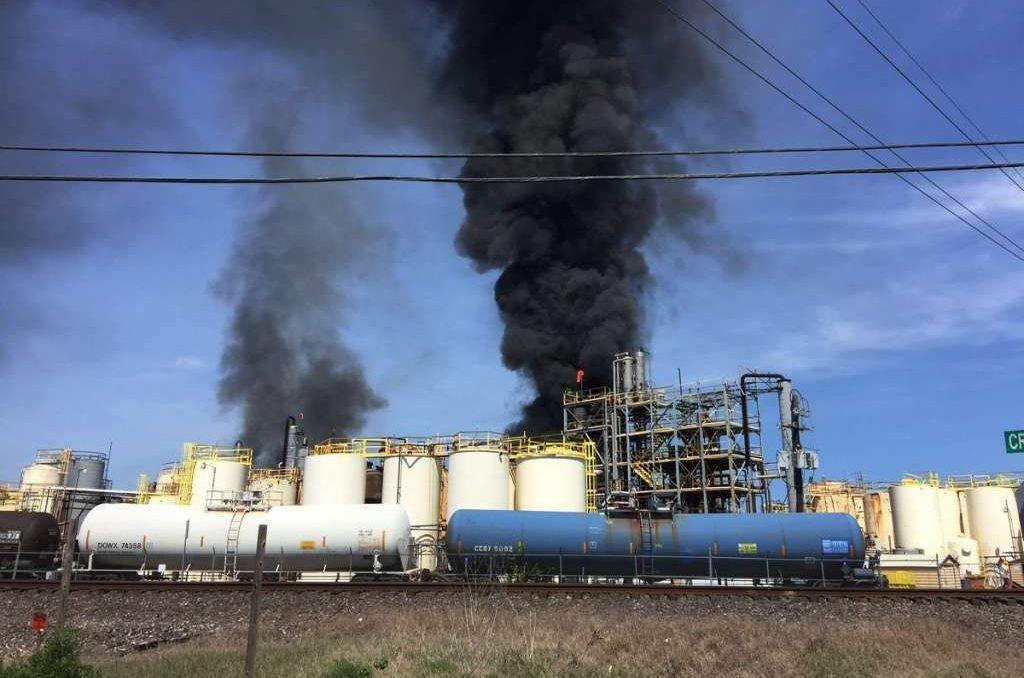The U.S. Chemical Safety Board announced on April 3 that it will investigate a fire at a Houston area chemical plant as the facility’s operator identified the worker killed in the blaze.
James Earl Mangum was killed in the Tuesday fire at a KMCO chemical plant in Crosby, about 25 miles northeast of Houston, a company spokesman said. The two other workers who were injured during the blaze remain in critical condition. Their identities were not released.





